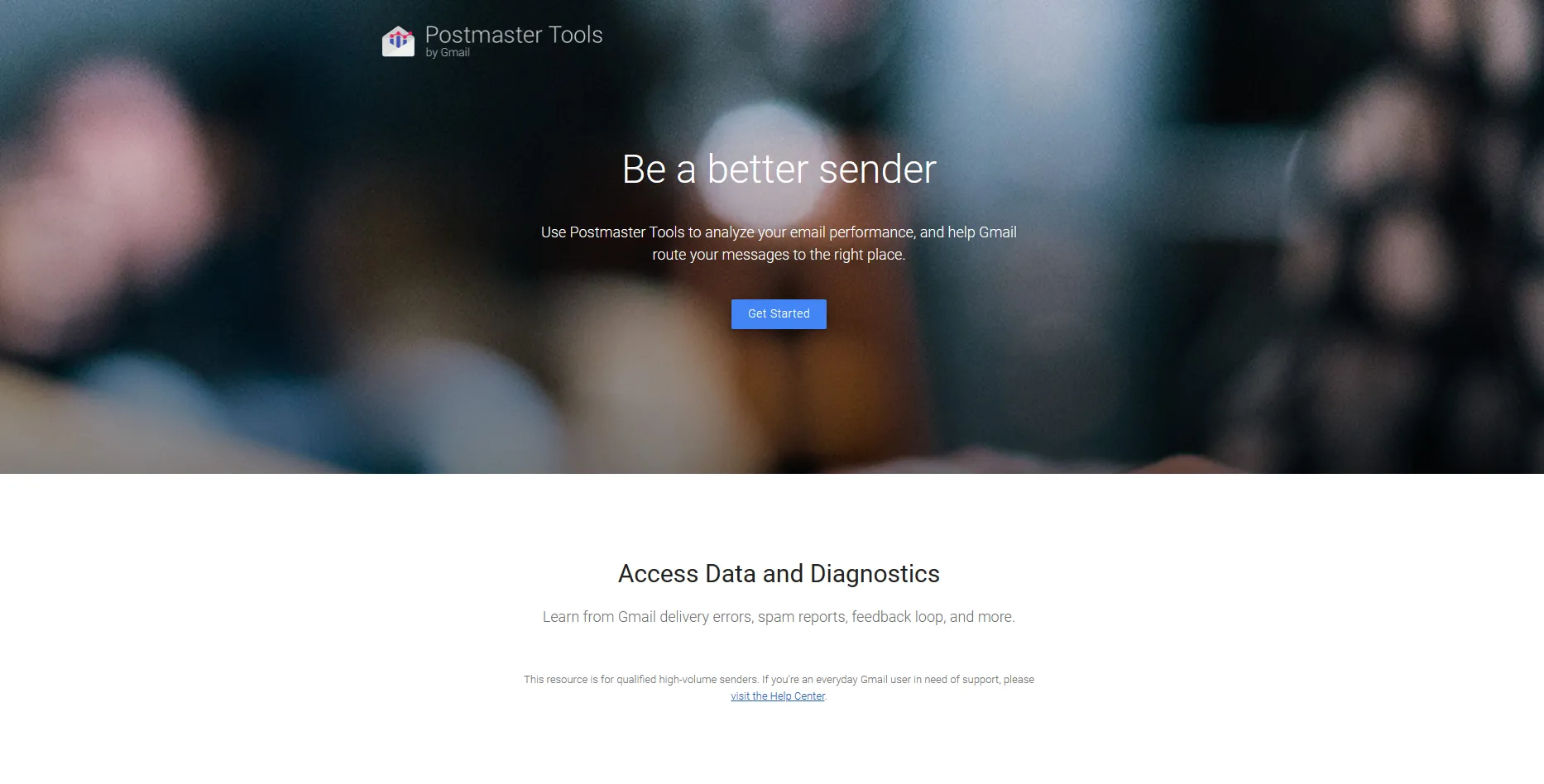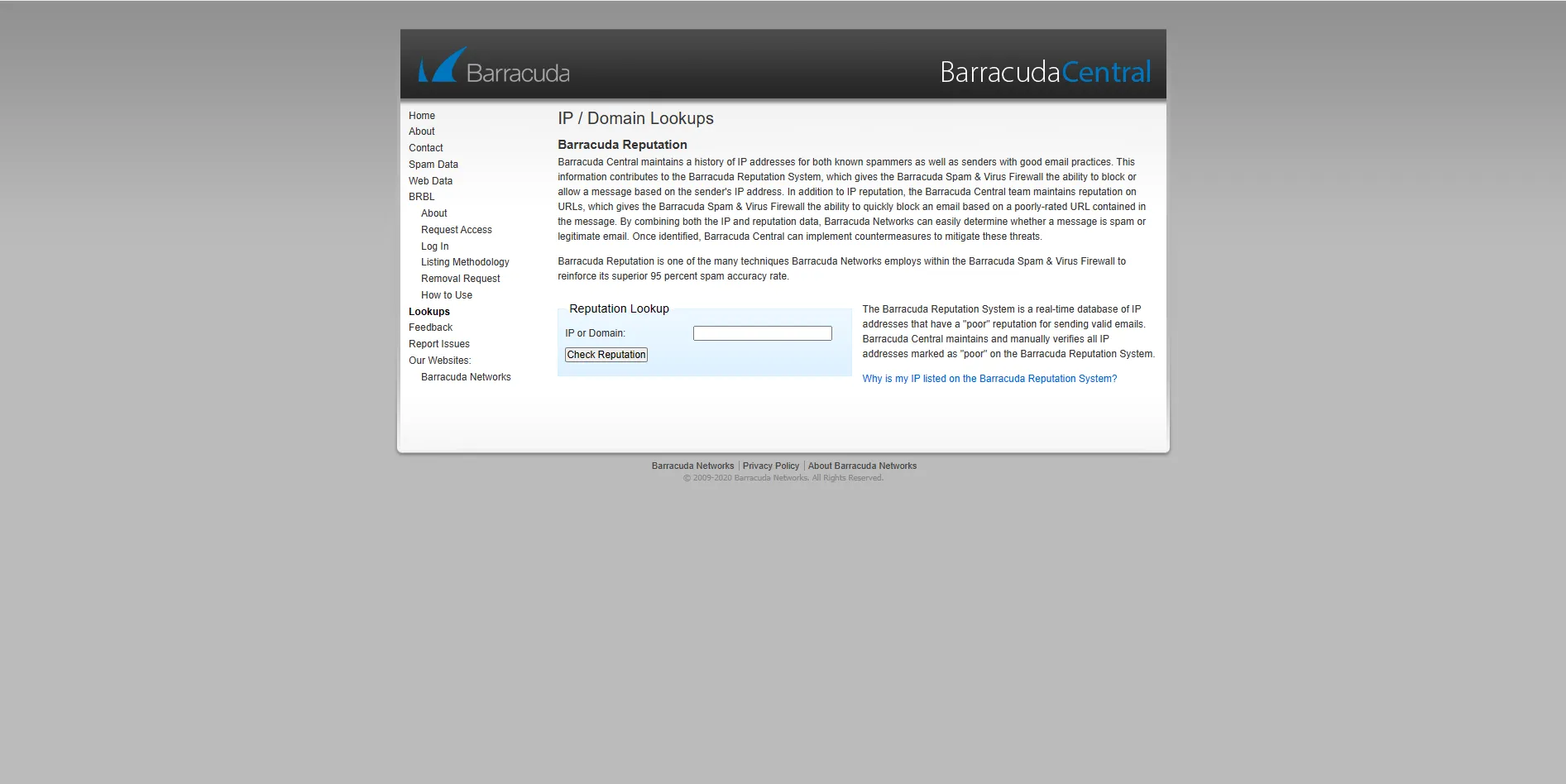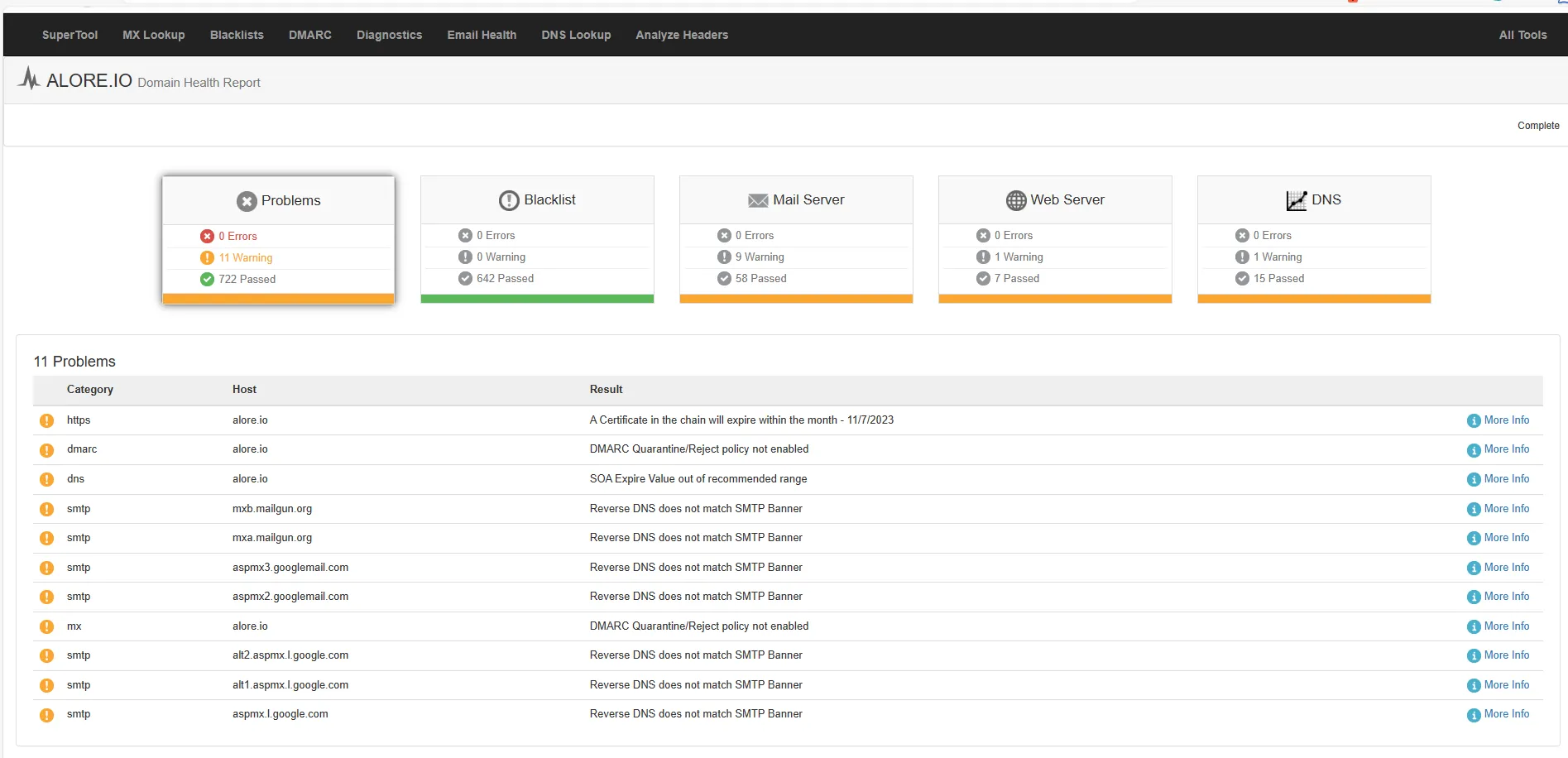Introduction: What is IP reputation, and why does it matter?
If you've found that your carefully crafted email campaigns are facing any of the following problems, your own IP address and reputation could be the reason:
- High Bounce Rates: A significant number of your emails are not reaching the intended recipients, getting returned or "bounced" back.
- Low Open Rates: Despite sending to a seemingly engaged audience, your emails are not being opened or read, indicating they might be landing in spam folders.
- Blacklisting Notifications: You receive alerts or find out through monitoring tools that one or more email service providers have blacklisted your IP address.
Each of these issues can be a red flag, signaling that it's time to investigate and improve your IP reputation.
Why IP Reputation Matters for Email Deliverability
What is IP Reputation?
Think of it as your digital credit score.
As banks look at your financial history, email service providers assess your IP address, addresses and reputation to decide where your emails end up: in the inbox or the spam folder.
The Consequences
Poor IP reputation isn't just a problem for spammers. Even legitimate emails and links to customers can get caught in the spam filters and traps or get blocked altogether by spam filters. This impacts your email deliverability rates and, by extension, your engagement and revenue.
Your Internet Service Provider (ISP) also plays a role in your IP reputation. ISPs monitor email traffic and can flag IPs, affecting your ability to send emails effectively.
Why Monitor?
So, why should you care about IP reputation service?
Because a poor IP reputation can make your emails invisible, even if they're important and well-crafted.
How IP Reputation Systems Work - Decoding IP Reputation
When discussing the IP reputation list, it's crucial to understand that each particular IP address has its own standing. This reputation is not just a random score but a reflection of the email traffic originating from that specific IP address.
Let's break down how IP reputation systems work in a way that's super easy to understand.
Step 1 - Data Collection
The first step in any IP reputation system is gathering data. This includes tracking the IP addresses and domains involved in sending emails and monitoring those ip addresses and domains for spam or malware.
Step 2 - Score Assignment:
The system assigns a particular IP address a reputation score based on the collected data. This score numerically represents the particular IP address's reputation, influenced by factors like email deliverability and spam reports.
Step 3 - Blacklist Check
The system cross-references the IP address and mail server with various email blacklists. If your IP address is found on these lists, it's a red flag, and your score may be negatively affected.
Step 4 - User Behavior:
How users interact with emails from the IP address also plays a role negative the ip's reputation. If emails are frequently marked as spam or end up in the spam folder, this can lower the IP address's reputation score.
Step 5 -Network Analysis:
The behavior of other IPs on the same network can also impact your score. If you share a network with IPs that have a poor reputation, your score may suffer.
Step 6 - Score Update:
IP reputation systems regularly update scores based on new data. It's crucial to monitor your IP reputation system score and take steps to improve it if necessary.
How to Check Your IP Reputation score and Top Tools to check your IP Reputation
Some advanced tools not only monitor your IP reputation but also generate actionable insights. These insights can guide your efforts to improve your standing.
Before diving into individual tools, it's worth noting that there are comprehensive IP reputation lists available. These lists aggregate data from various sources and can quickly gauge where your IP stands.:

This tool offers an in-depth analysis, including complaint rates and volumes of emails sent. It's a reliable way to identify any threats to your IP reputation.

A product by Cisco, Talos provides a graph based on your email-sending and web using habits. It's a reliable network tool for those who need to understand their IP reputation in the context of broader internet data.

Known for its accuracy, this domain name tool is essential for anyone sending bulk emails. Google monitors your domain and IP, providing valuable insights into your domain and email deliverability.

This service offers you access to a range of features for blacklist them, including the ability to check if you've been blacklisted. It's particularly useful for network owners who want to maintain a positive reputation.
Cyren IP Reputation Check:
A straightforward tool that gives you a quick snapshot of your IP reputation score. While it may not offer as many features as other tools, it's a good starting point for beginners.
How Negative Reputation Affects Your Mail Server
A negative domain reputation can wreak havoc on your mail server's ability to deliver emails effectively. Here is how:
- Spam Folder: Emails from IP addresses with poor reputations are more likely to be sent directly to the spam folder, bypassing the inbox altogether.
- Blacklists: Your IP address could end up on email blacklists, making it nearly impossible for your emails to get through to any inbox.
- Blocked: In extreme cases, email service providers may block all incoming emails from your IP address, essentially cutting off your email communication.
How to determine if Your IP Address is Blacklisted
Various tools can help you gauge your own IP reputation service's value; some are generally considered industry standards.
If you suspect your IP address has been blacklisted, requesting a reputation report is the first step. Many services allow you to do this, and it's crucial to understanding your current standing.
We at Alore prefer MXToolbox

Strategies to Improve IP Reputation
Navigating the complexities of IP reputation can be challenging. However, you can steer your reputation in a positive direction with the right strategies and tools. Improving your IP reputation is a continuous endeavor that requires a strategic approach.
Knowing how email and internet reputation tracking companies operate can offer valuable insights into the steps you should take.
- Quality Over Quantity: Focus on sending high-quality emails with clear, valuable contact information.
- Targeted Audience: Email only be delivered to those registered users who have explicitly opted in, avoiding random purchased lists.
- Consistency: Maintain a consistent volume of emails to help servers understand your sending habits.
- Monitor Bounce Rates: Keep an eye on your bounce rates to ensure your email efforts aren't wasted.
- Use Tools: Utilize IP reputation tools to monitor your standing.
- Check Blacklists: Regularly check if the mail server of your IP address is blacklisted and take corrective measures to blacklist, if needed.
- Engagement: Aim for high engagement rates to improve your IP reputation score.
- Avoid Spam Traps: Be cautious of spam traps and take steps to avoid them.
- Test Before Sending: Use tools to test your emails before sending them out.
- Feedback Loops: Set up feedback loops with ISPs to understand why emails might be marked as spam.
- Regular Cleaning of Email List: Sending emails to invalid addresses can negatively affect your IP reputation. Each bounce or failed delivery is a mark against your reputation, signaling to email service providers that your practices may not be up to par. To mitigate this, periodically clean your email list to remove inactive or unengaged users. Also helps in removing spam traps.
- Double Opt-In: Use a double opt-in request process to ensure that users genuinely want to receive your emails, which can also help in reducing the number of invalid addresses on your contact list.
FAQs on IP Reputation
What is a Hosting Provider's Role in IP Reputation?
A hosting provider is the company that provides access to the infrastructure for your website and email services.
It plays a crucial role in your domain and IP reputation because the quality of your host and its network connection can affect how your IP address is viewed.
If your hosting provider has a history of harboring spammers or compromised websites, it could negatively impact your IP reputation.
How Do ISPs (Internet Service Providers) Factor into IP Reputation?
ISPs are gatekeepers that control the flow of emails. They use various methods, including IP reputation services, to filter out unwanted emails. If your IP has a poor reputation, ISPs might block your emails, affecting your email deliverability rates.
What Are the Common Threats to IP Reputation?
Common threats include sending spam, viruses, malware distribution, viruses and phishing attempts. Being associated with these activities can severely damage your IP address's reputation.
What Are Spam Traps, and How Do They Affect My IP Reputation?
Spam traps are email addresses used to catch spammers.
If you send an email to one of these addresses, it's a strong indicator that you're engaging in spammy behavior, which can lead to a poor IP reputation.
What Records Should I Keep to Monitor My IP Reputation?
Keep records of your email metrics, including delivery rates, bounce rates, and spam complaints. Also, maintain logs and reports of any instances where your IP was blacklisted or blocked, as this data can be invaluable for troubleshooting and improvement.
Is There a Way to Create a Custom Solution for IP Reputation Management?
Some businesses opt for custom solutions that integrate with their existing systems. These can offer more control but require a deeper understanding of IP reputation metrics and management strategies.







.webp)
